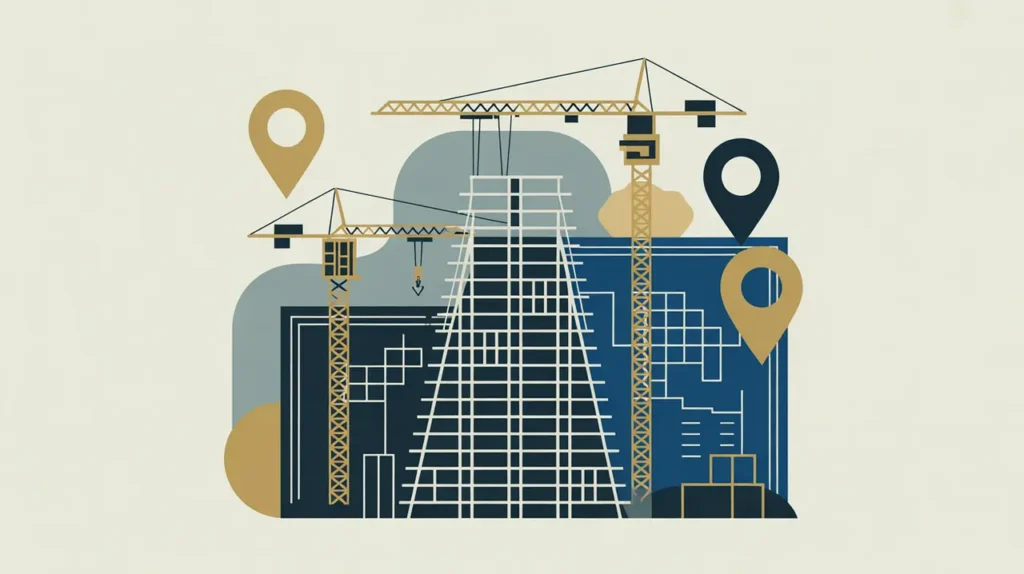Importance of Property Management
Property management is essential for maintaining the value, functionality, and accessibility of residential, commercial, and public properties. In international development, it plays a key role in urbanization, housing security, and efficient use of land and infrastructure. For nonprofits and social innovators, property management matters because it affects affordability, tenant rights, and the sustainability of community assets. Its importance lies in ensuring that properties are not only financially viable but also socially inclusive and well maintained.
Definition and Features
Property management refers to the administration, operation, and oversight of real estate on behalf of owners, tenants, or communities. Its defining features include:
- Maintenance and Upkeep: ensuring buildings and facilities remain safe and functional.
- Financial Administration: rent collection, budgeting, and investment planning.
- Tenant Relations: managing leases, rights, and conflict resolution.
- Regulatory Compliance: adherence to building codes, safety laws, and local regulations.
How this Works in Practice
In practice, property management is conducted by individuals, firms, or community organizations that oversee buildings, housing complexes, or commercial spaces. For example, a property manager may coordinate repairs, collect rents, and ensure compliance with safety standards. In community development, cooperatives and housing associations often manage properties collectively to maintain affordability. Challenges include underinvestment in maintenance, exploitative landlord practices, and weak tenant protections in informal or low-income housing markets.
Implications for Social Innovation
Property management has significant implications for social innovation because it connects financial sustainability with community wellbeing. Innovations such as digital rent platforms, green building management, and cooperative housing models improve transparency and inclusivity. For proximate actors, effective property management ensures security of tenure, safe living conditions, and equitable access to space. Property management is essential for stable housing systems and resilient communities.







